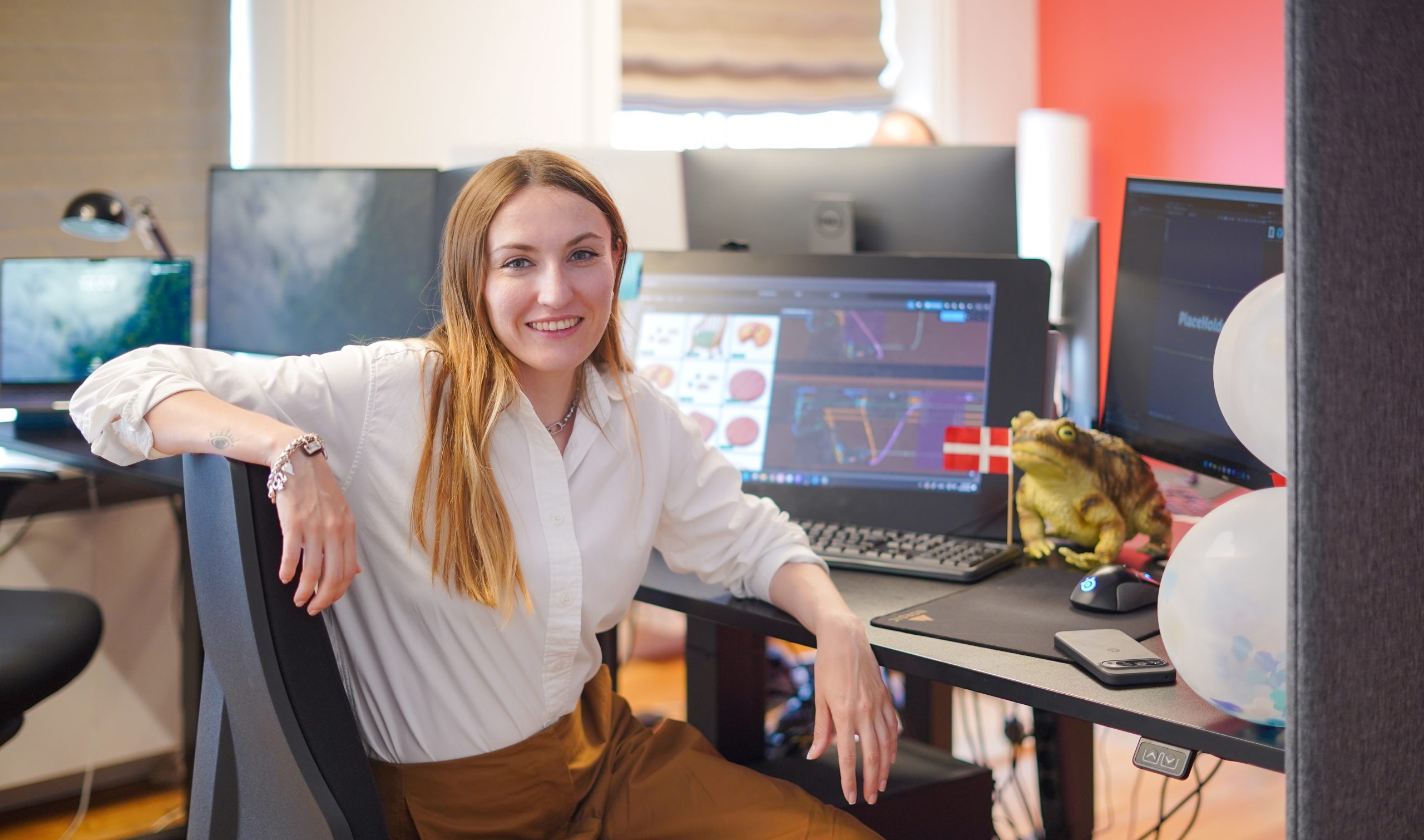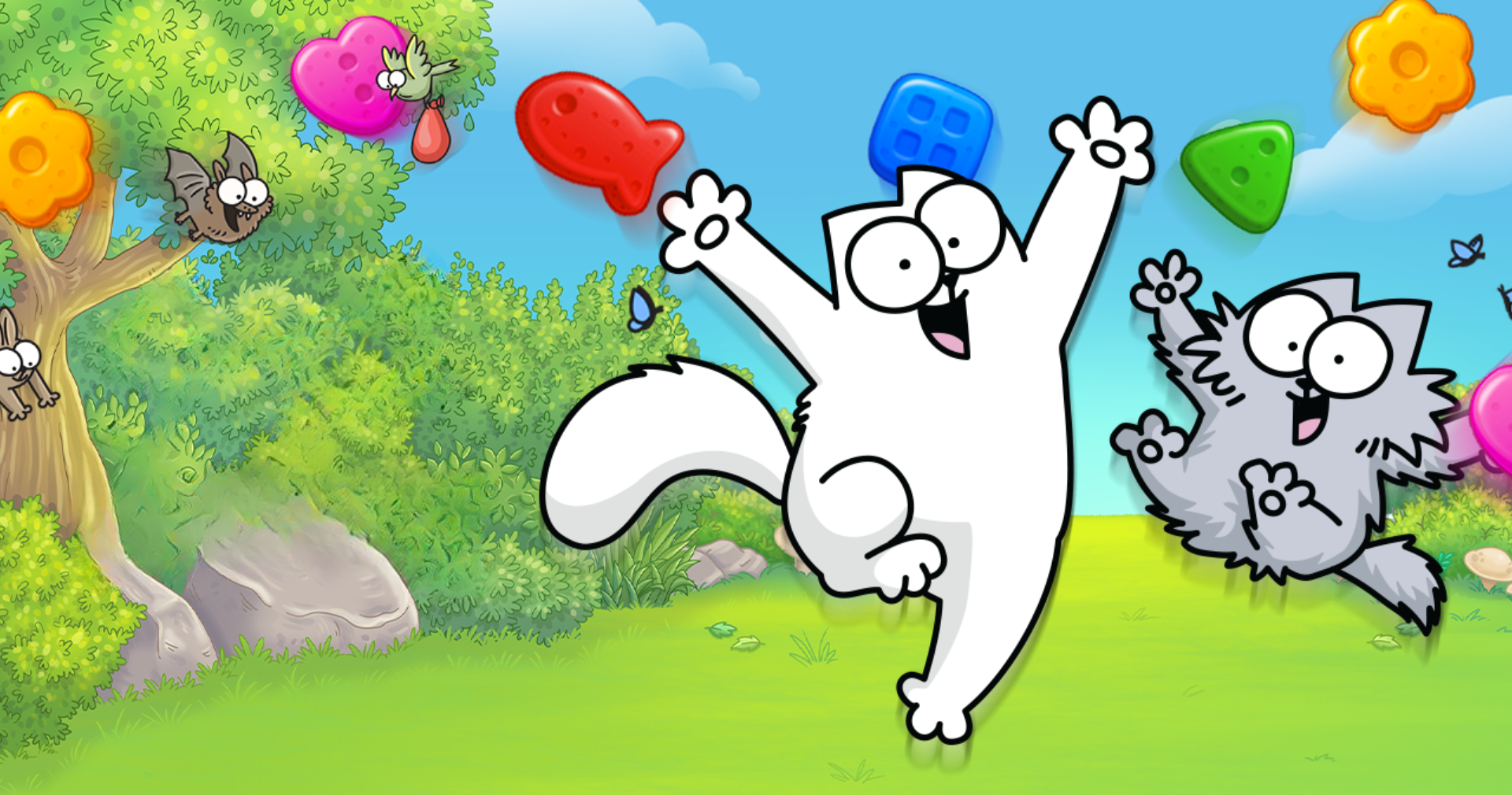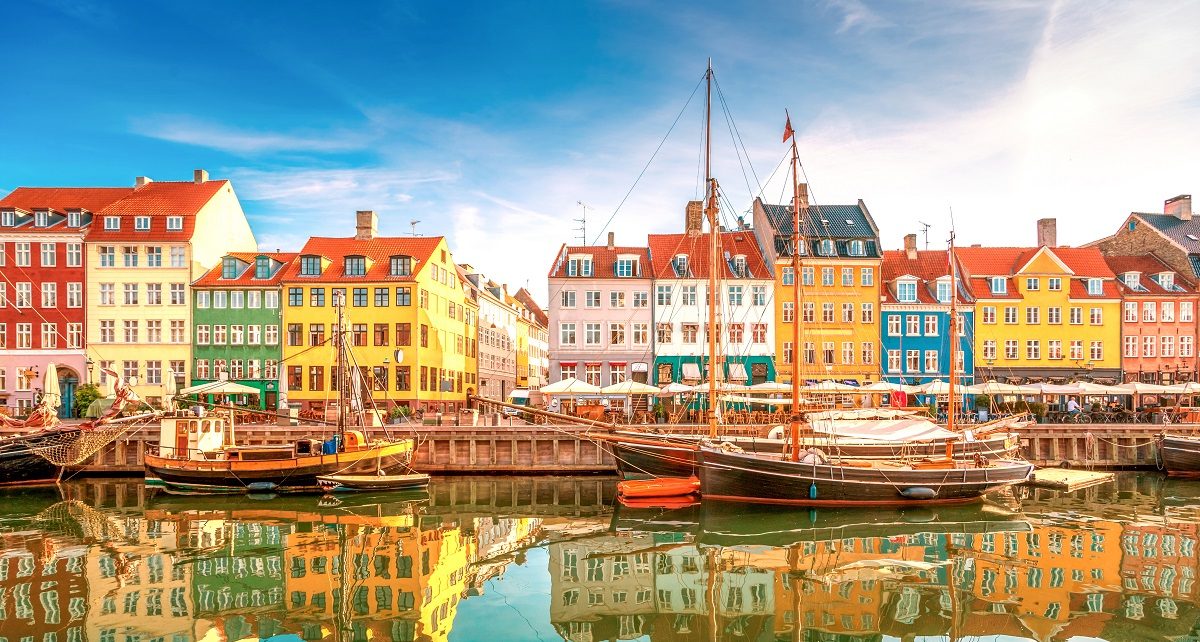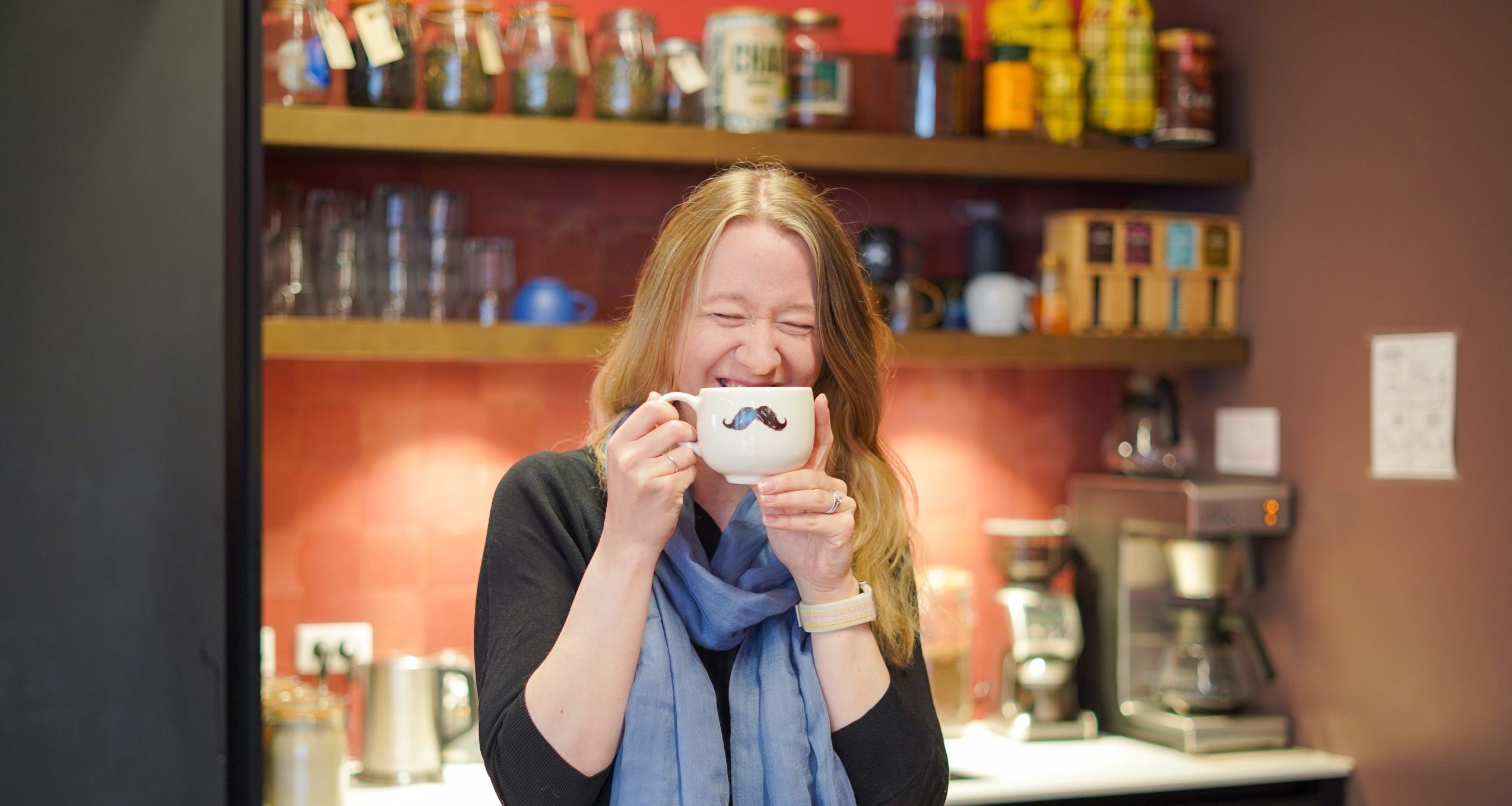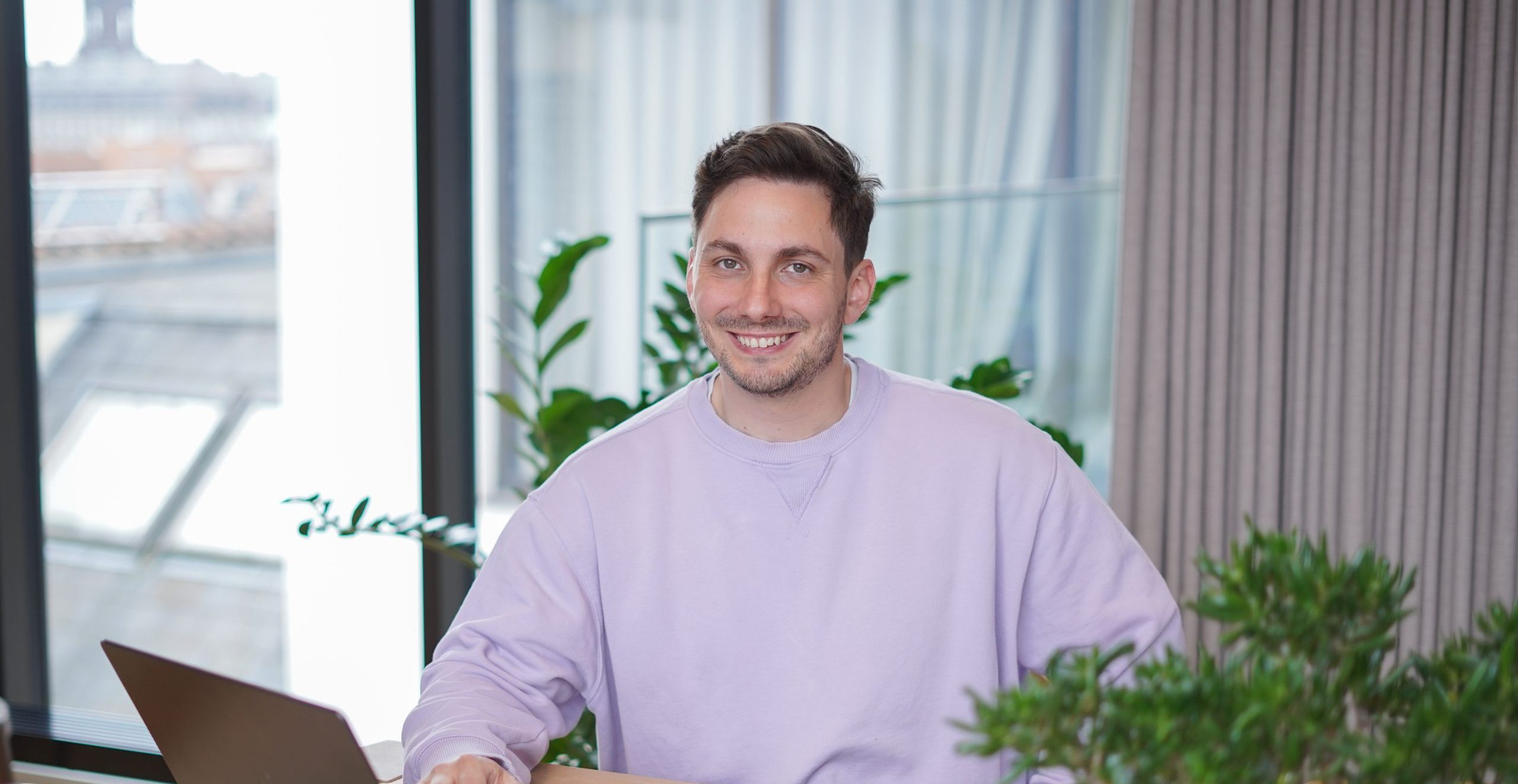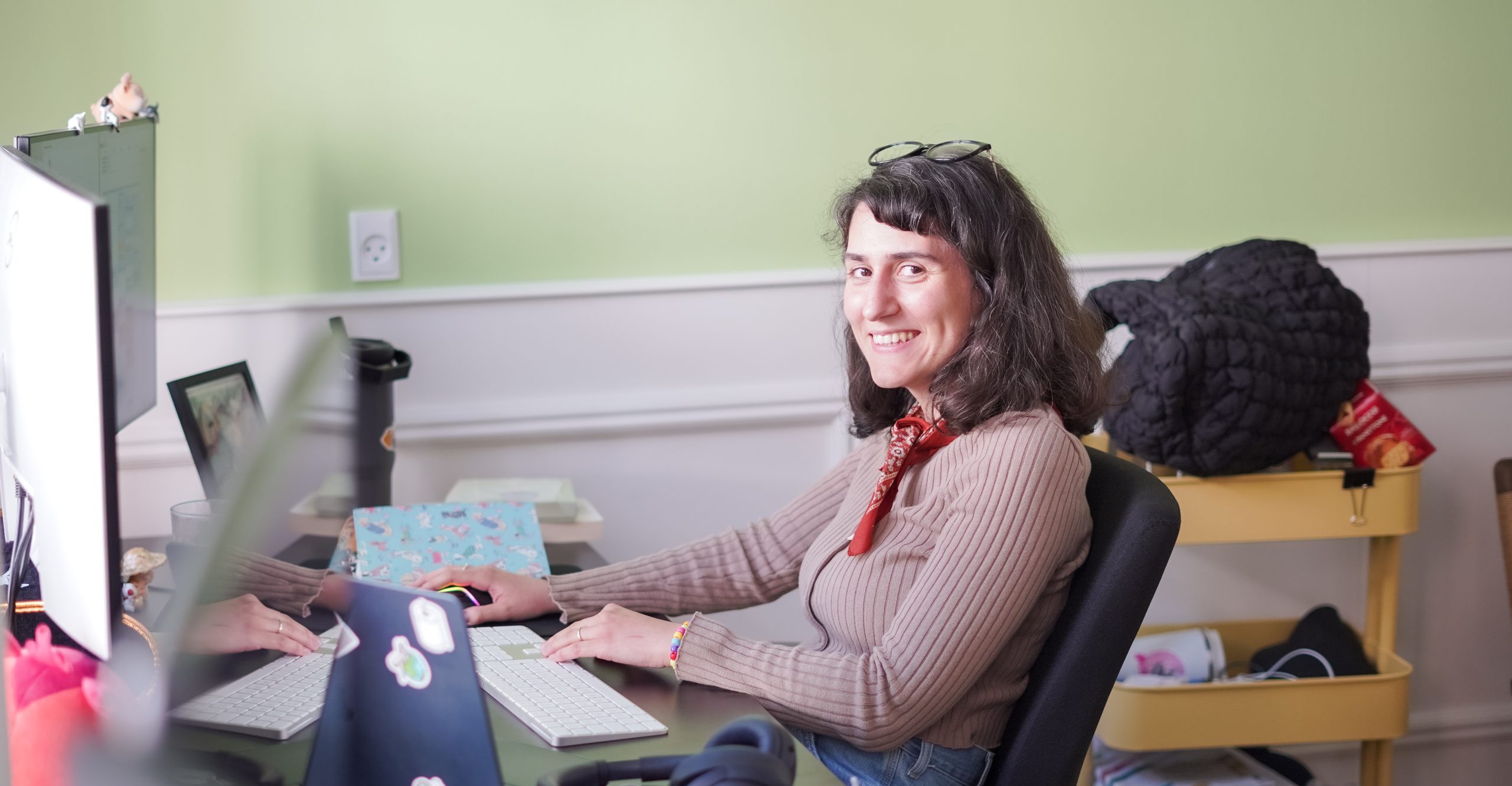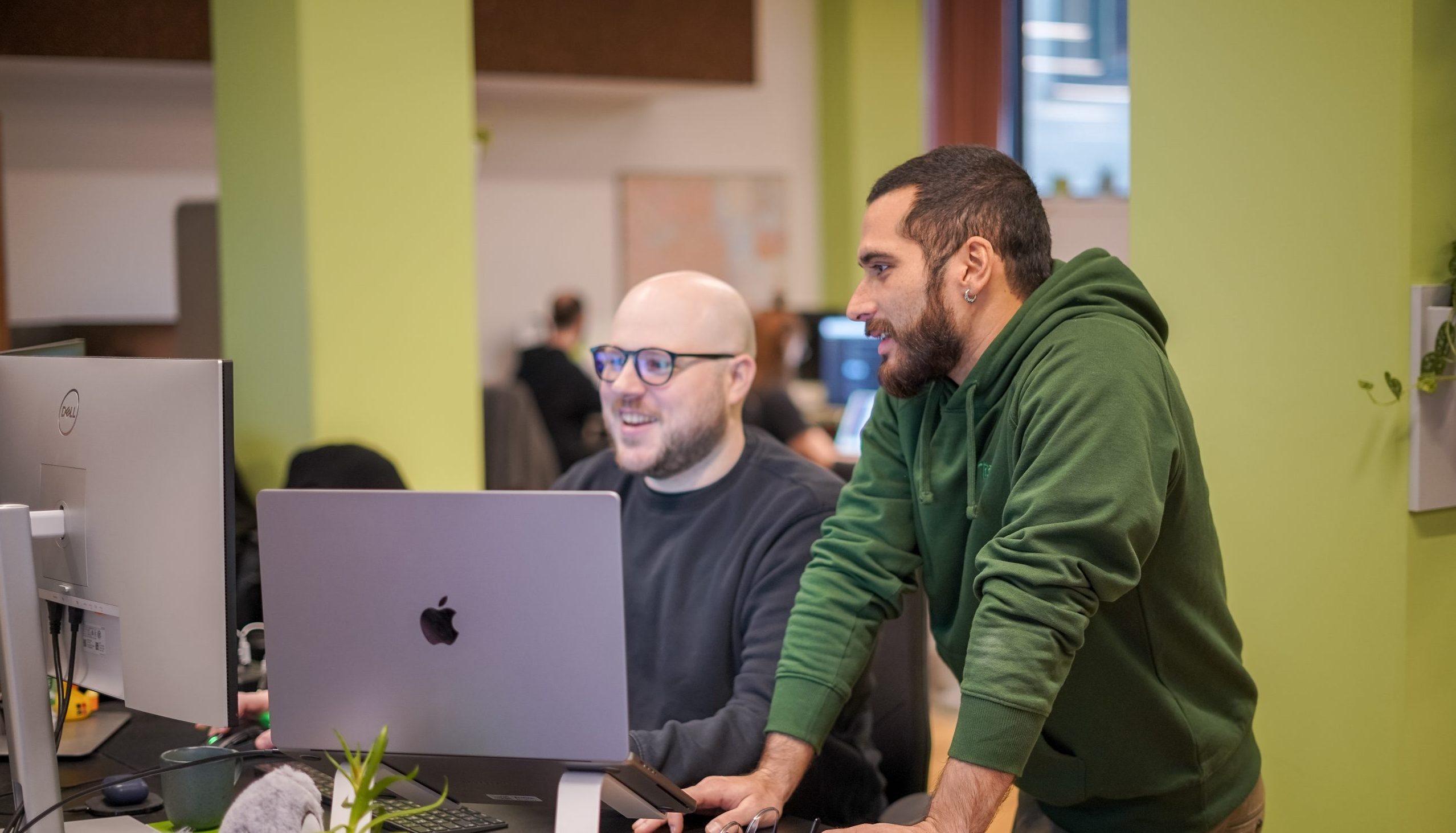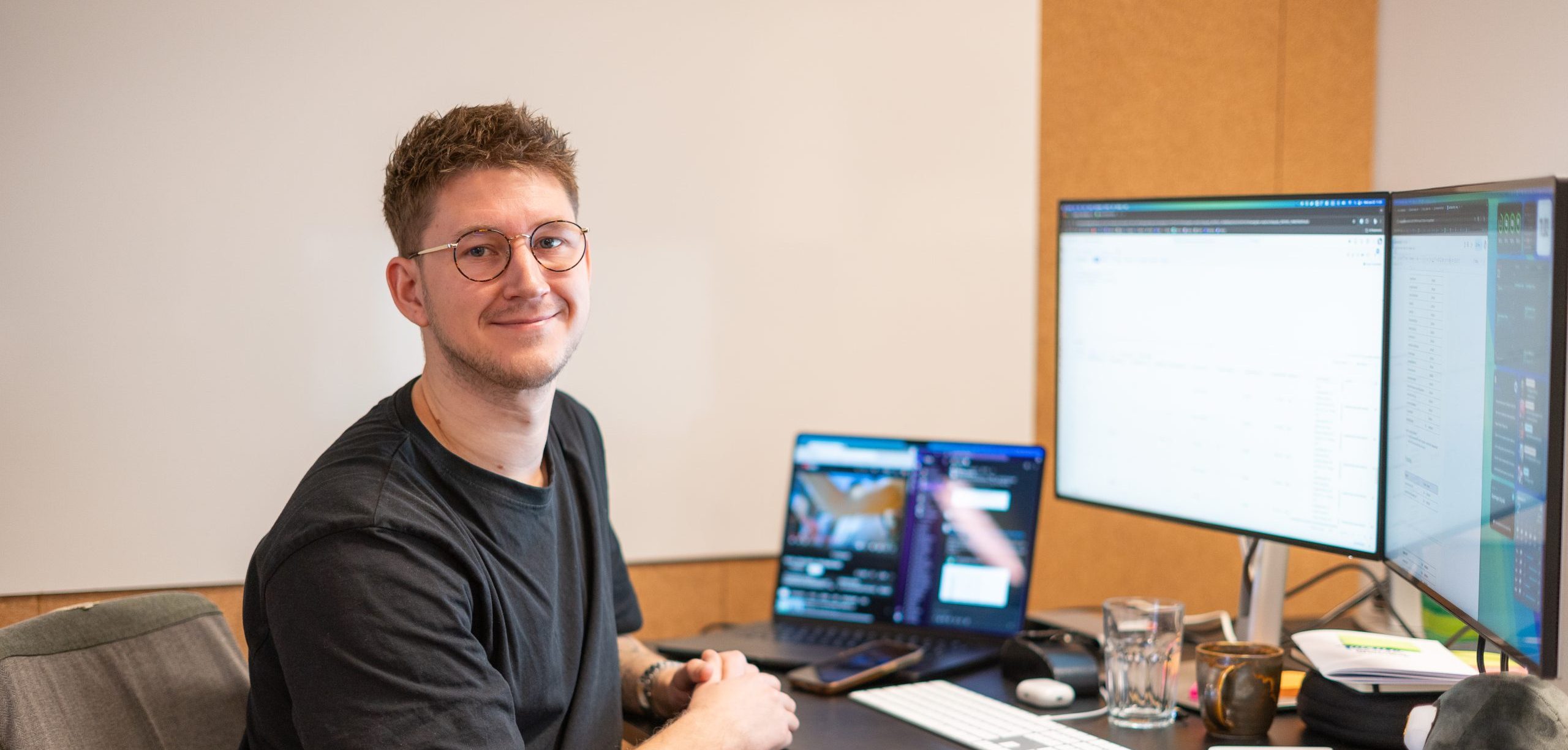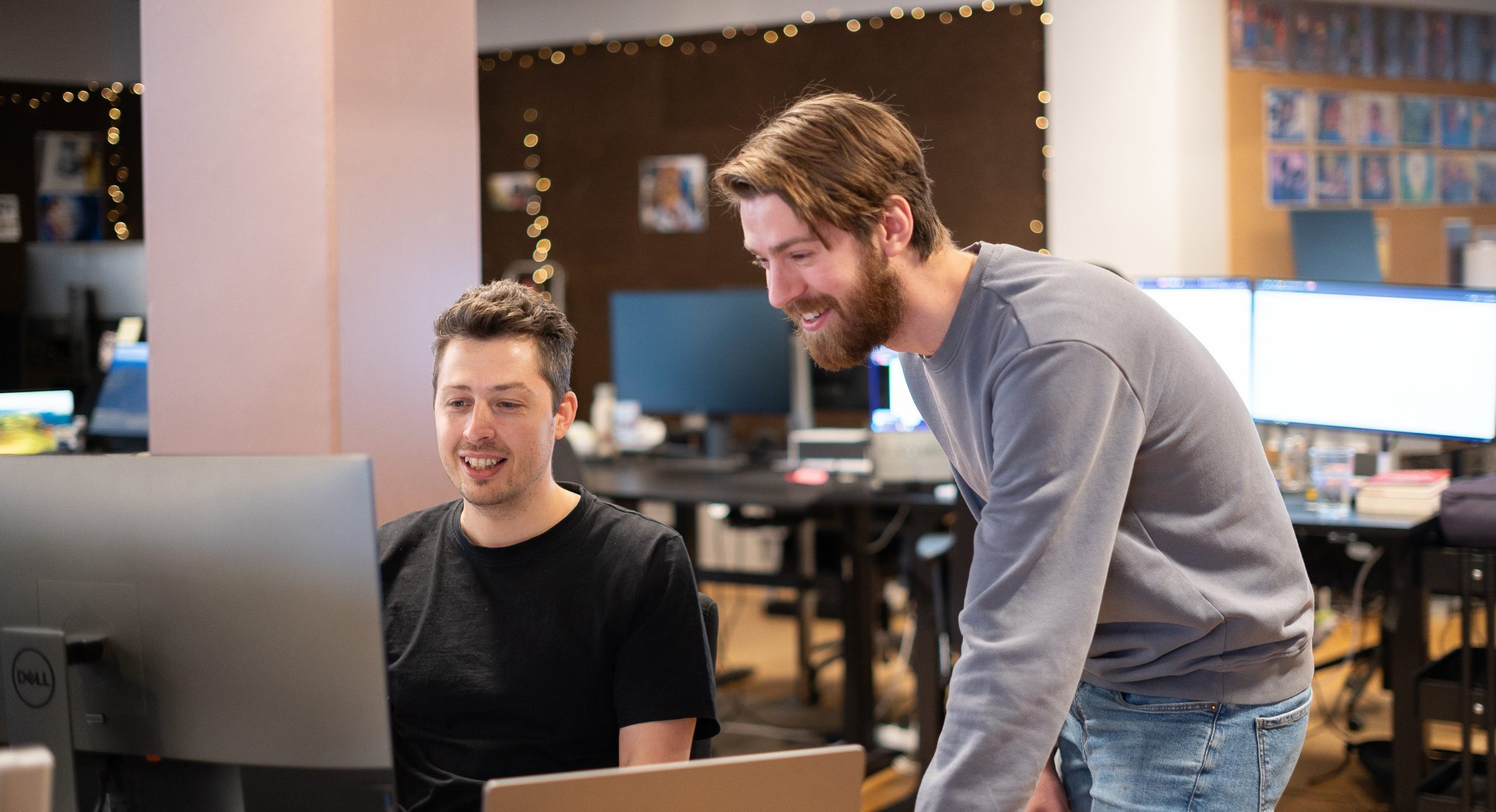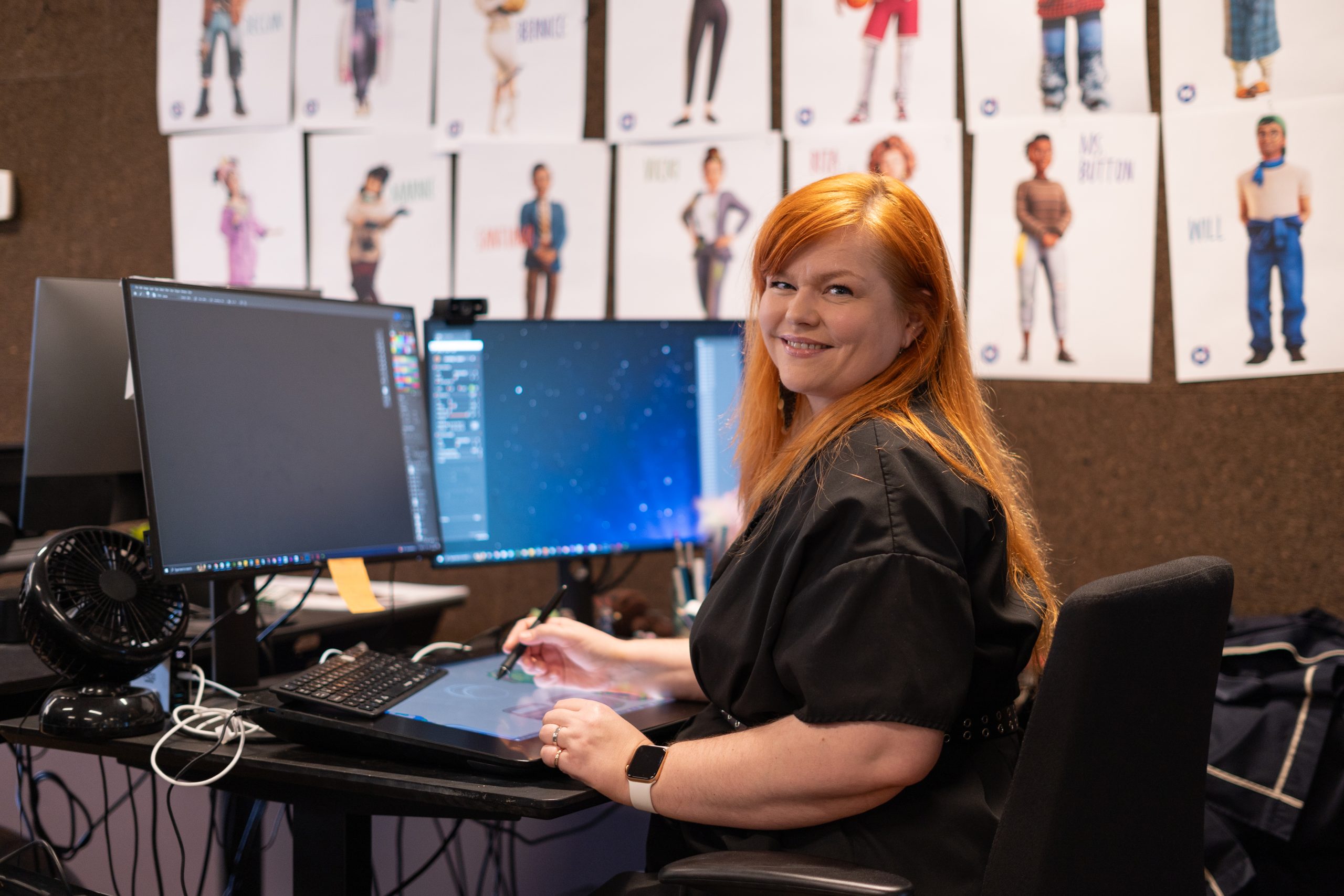International day of education – why we offer Danish lessons at Tactile
Since 2019, we have been offering free Danish lessons to all Tactilers coming from outside of Denmark. We are proud to have two amazing teachers on board, Anja Kobbernagel Krusbæk and Andreas Frydensberg Olsen, who have so far taken over 100 Tactilers on the Danish language and culture learning journey. In honour of the international day of education, which is recognized by the UN on the 24th January, we chatted to Anja and Andreas about why we teach Danish at Tactile and why learning the local language and culture of the country you live in is so important.
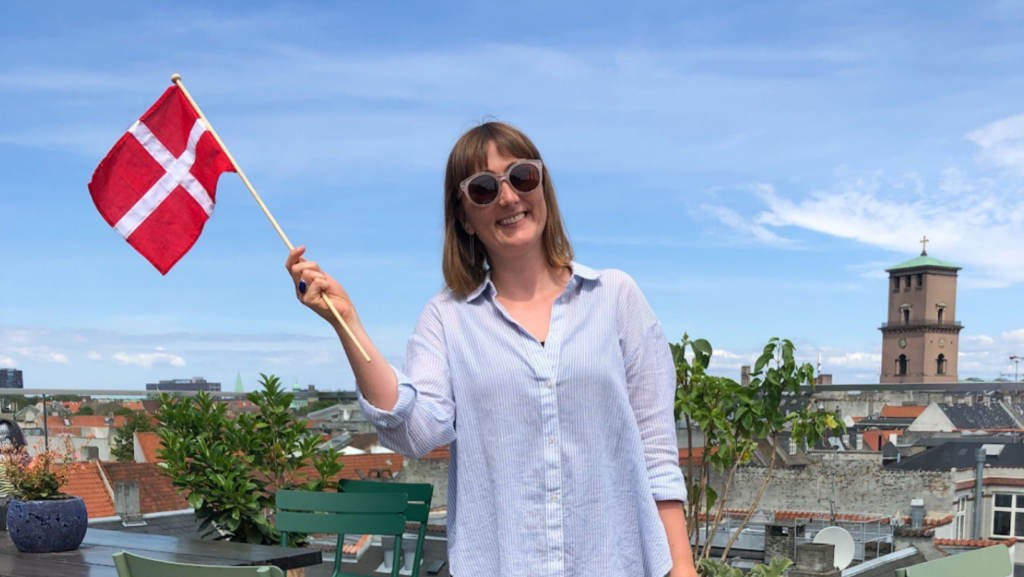
👋🏻 Hi Anja and Andreas, what led you to a career in education, and why did you pick teaching Danish as a second language?
Andreas: “I have always been interested in culture. Not just national culture, but also culture in the sense of how we behave and act in different situations. Some years ago, I went to China on an exchange programme and started working as an assistant teacher. This was my first experience with teaching and I loved it! I then decided to study cross-culture studies for my Master’s Degree and kept teaching Danish whilst I was studying. After graduation, I started working at a Danish language school. I love that as a teacher of a second language, I am teaching the whole world every day! It is interesting to see different people’s perspectives, not only on the Danish language, but also life in general. And this is where the whole culture aspect comes in. As Danish teachers, we are helping people to get a better, more wholesome view of the world and how Danish language can fit into that.“
Anja: “I have always had an interest in languages. I spent some time working in a language café where I had my first teaching experiences. Teaching a language has taught me a lot about communication, and not just the verbal stuff, but also body language and how it differs from culture to culture. This helped me to realize the importance of learning a language in order to fully understand certain aspects of a culture. The experience at the language café made me want to get into language teaching more, so I decided to get my master’s degree in Danish as a Second and Foreign Language and started working at a language center at the University of Copenhagen. As a language teacher, I have learned a lot about people from other countries, and also about myself, my country and my language.“
💡Why do you think learning the local language of the country you live in is so important? Why do we offer Danish lessons at Tactile?
Anja: “The benefit of learning the local language is understanding the little nuances, the details of language and culture, such as common courtesy, politeness, hospitality, customs and how to act in certain situations. Even as a beginner, being able to say small things like thank you or have a nice day puts people in a good mood, both as the person saying it or the person receiving it. It’s all about creating that good feeling around the language.“
Andreas: “Knowing the local language helps you to understand the context of the situation you are in and also teaches you how to navigate it. Language and culture are so intertwined, and language is so much more than just words!
From the company perspective – we don’t teach Danish because it is our corporate language, but because we want to help Tactilers coming from outside of Denmark to have a smooth integration into the Danish society. This gives people the feeling of belonging. Throughout learning the local language, we stop being just a visitor in the country, but become a real part of it. It’s being able to interact with people on the street, to understand road signs, what they’re saying in the metro, etc. It gives you a feeling of familiarity and it makes people stay. We relocate people from all over the world, so this is an important aspect of it.”
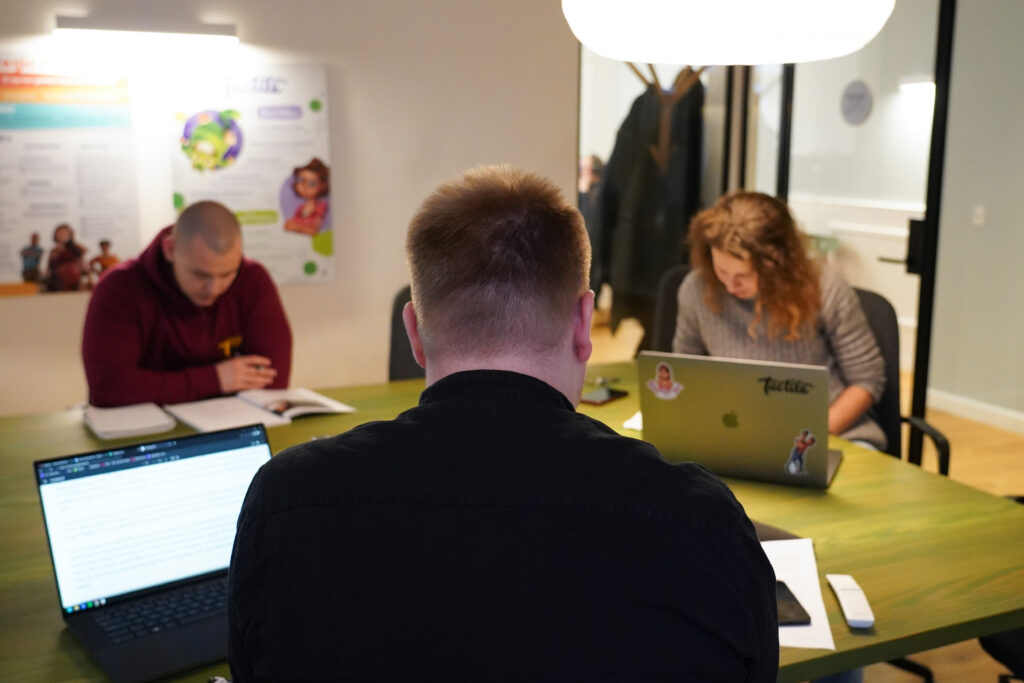
📚 How did you approach setting up a Danish language programme at Tactile? And how do you adapt the teaching to different students?
Anja: “The first and most basic thing we had to do was a needs analysis. This meant talking to people and asking them about what they want to lean, what are they curious about and what is fun and interesting for them. We then had to create the right combination of what people want to learn and what they need to learn. For example, how can we combine developing listening skills with someone’s interest in politics or sport? We want to capture people’s attention and through that maintain their motivation and drive for learning. Also having small classes makes it easier for us to manage and plan, so we group people based on their level and learning goals.”
Andreas: “The most important thing to note is that this is not a linguistics course. We want students to go out and use language from day 1. We want to change perspectives on how people think language can be learned. We spend some time on grammar, but not loads, and if someone is a grammar geek, then we also have loads of material for them! We do things outside of the classroom, such as go on city walks and visit museums. We want our students to be aware of the things around them and encourage them to start making small conversation in Danish, for example with the cashier in the supermarket.”
🌱 What are the most important basic skills that everyone should develop, which will provide them with a really good foundation for language learning?
Andreas: “I firmly believe that anyone can learn a new language and anyone can learn Danish, no matter where you’re from. But there are two things that will help to set you up for success – being curious and brave. You have to be curious to learn new things, and you also need to have the bravery to go out for the first time and for example, order a coffee in Danish, and also to keep doing it! This is especially important when you encounter setbacks in your learning journey.”
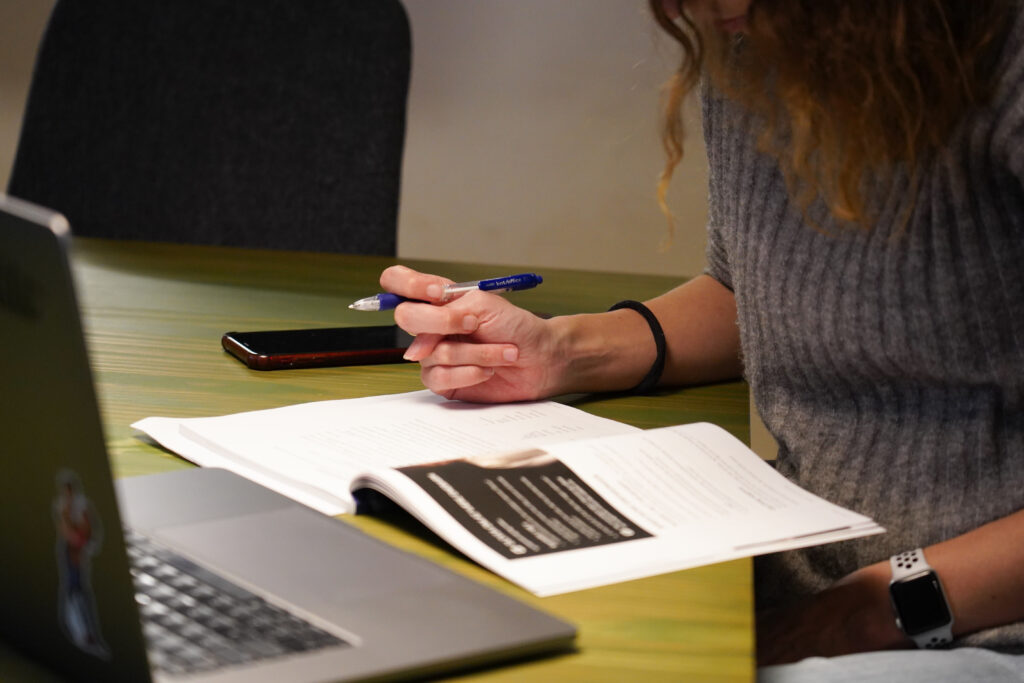
😎 What are the most useful words or phrases to know as a foreigner in Denmark?
Skål (Cheers!) – It’s a big part of the Danish culture 🍻
Nå (Well/Oh/So!) – Danes use this a lot and in many different situations, for example when you’ve just realized something, or when you meet a cute dog, when you’re showing interest, or even when you’re making a threat.
God weekend [ˈgoˀ viːˌgεnˀd] (Have a good weekend!) – The Danes are not telling you to go vegan, but just wishing you a very good weekend! 🙂🌿
Velbekomme (Bon appetit!) – When you see someone eating, you can wish them ‘let it serve you well / may it come well to you’ 😋
Det var så lidt (That was so little/That was nothing!) – This is very cultural. Instead of saying you’re welcome, Danes prefer to not mention it or make a fuss out of it!
Hvordan går det? (How are you?/How’s it going?) – It is a common misconception that this is just a greeting, but Danes actually see it as a proper question and will gladly tell you more about how they’re doing.
Hyggelig (Cozy/Pleasant/Homely) – A big part of the Danish culture is this feeling of coziness and warmth. Hyggelig is therefore used a lot and to describe anything or any situation that makes you feel this way – cozy, warm & good!

